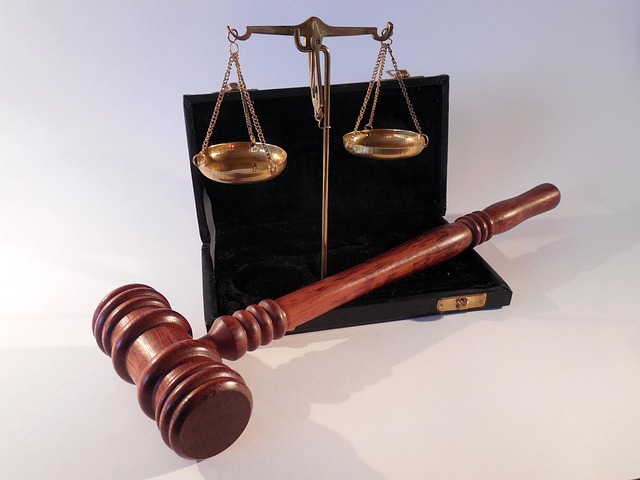Voir dire, meaning "to speak the truth," is a vital process screening jurors for impartiality in criminal trials, ensuring fairness and protecting rights in RF securities cases. Effective questioning uncovers biases, promotes diverse jury pools, and strengthens criminal justice integrity, making voir dire indispensable for just outcomes.
“Explore the intricate world of RF Securities industry regulation and its impact on fair criminal trials. This article delves into the crucial role of voir dire—a vital process ensuring unbiased juries. By understanding the regulatory framework, we uncover best practices for efficient voir dire, enhancing judicial integrity. Discover how this method, pivotal in selecting impartial jurors, contributes to the overall fairness and accuracy of criminal proceedings, emphasizing the importance of voir dire in shaping just outcomes.”
- Understanding RF Securities Industry Regulation Framework
- Role of Voir Dire in Ensuring Fair Criminal Trials
- Best Practices for Effective Voir Dire Process
Understanding RF Securities Industry Regulation Framework

The RF Securities Industry Regulation Framework is a complex web of laws and guidelines designed to maintain fairness, transparency, and integrity in financial markets. At its core, this framework emphasizes the importance of strong regulatory oversight, robust compliance mechanisms, and effective enforcement strategies. One critical aspect that underpins this regulation is the meticulous process of voir dire during criminal trials.
Voir dire, which translates to “to speak the truth,” plays a pivotal role in ensuring a fair trial for all parties involved. This procedural step involves the thorough examination of potential jurors to determine their impartiality and suitability for a particular case. By employing voir dire, the judiciary aims to avoid bias and prejudice, thereby safeguarding the rights of both defendants and complainants. Through this process, the court can ensure that individuals selected to serve on juries possess unbiased minds and an understanding of their role in delivering justice, ultimately impacting the outcome of cases involving RF securities industry regulations and beyond, including scenarios where a complete dismissal of all charges or avoiding indictment is at stake for respective business entities.
Role of Voir Dire in Ensuring Fair Criminal Trials

Voir dire plays a pivotal role in ensuring fairness and impartiality within the criminal justice system. This process, which involves questioning potential jurors, is essential to selecting an unbiased panel capable of rendering a just verdict. During voir dire, attorneys have the opportunity to assess the suitability of each prospective juror by delving into their backgrounds, experiences, and biases, thereby facilitating informed decision-making.
The importance of voir dire extends beyond individual trials; it impacts all stages of the investigative and enforcement process across the country. By carefully scrutinizing potential jurors, lawyers can safeguard their clients’ rights to a fair trial. This meticulous inquiry ensures that the jury pool is diverse and representative, minimizing the risk of prejudice and allowing for a more equitable outcome in criminal proceedings.
Best Practices for Effective Voir Dire Process

Voir dire plays a pivotal role in ensuring fairness and impartiality in criminal trials. The process, which involves questioning potential jurors to determine their suitability, is an essential component of selecting a fair and unbiased jury. Best practices for effective voir dire include thorough and balanced interrogation techniques. Attorneys should ask open-ended questions that allow prospective jurors to articulate their experiences, biases, and beliefs, providing insights into their ability to render impartial judgments based on the evidence presented.
A competent voir dire process helps attorneys assess potential biases related to the case’s facts, the defendant’s background (for his clients), and societal issues at large. Uncovering hidden prejudices or preconceptions is crucial for a general criminal defense strategy, as it enables lawyers to challenge unqualified jurors and select those with an unprecedented track record of impartiality. This meticulous approach fosters a more robust jury selection process, ultimately reinforcing the integrity of the criminal justice system.
In conclusion, understanding and implementing effective RF Securities industry regulation, particularly through the lens of voir dire, is paramount for ensuring fairness and integrity in criminal trials. The meticulous process of questioning potential jurors, or voir dire, plays a pivotal role in selecting impartial and competent judges, thereby upholding the essence of a just trial. By adhering to best practices and recognizing the profound impact of voir dire, legal professionals can navigate the complexities of the securities industry while guaranteeing the fundamental rights of all involved. The importance of this process cannot be overstated, especially in light of maintaining public trust in our criminal justice system.






